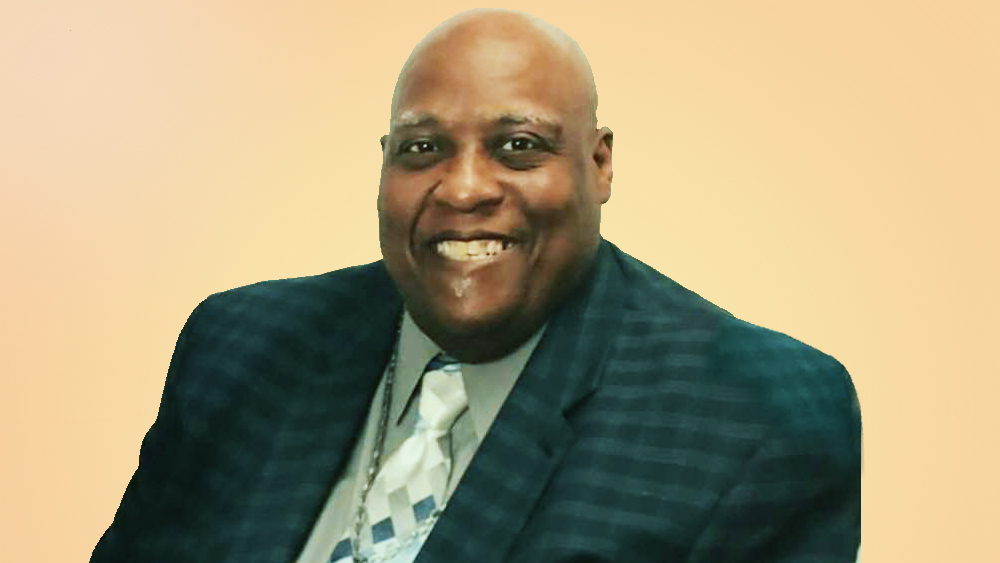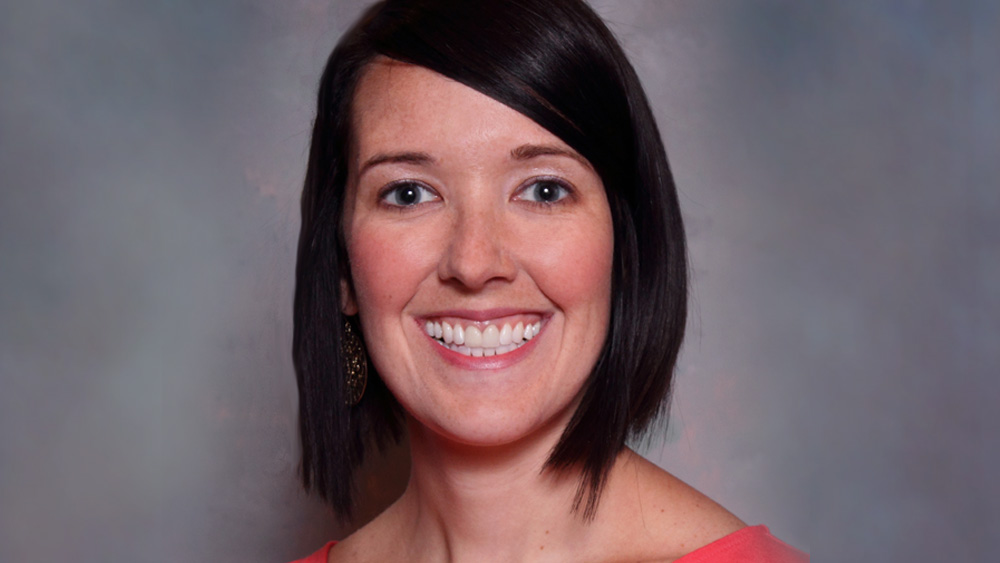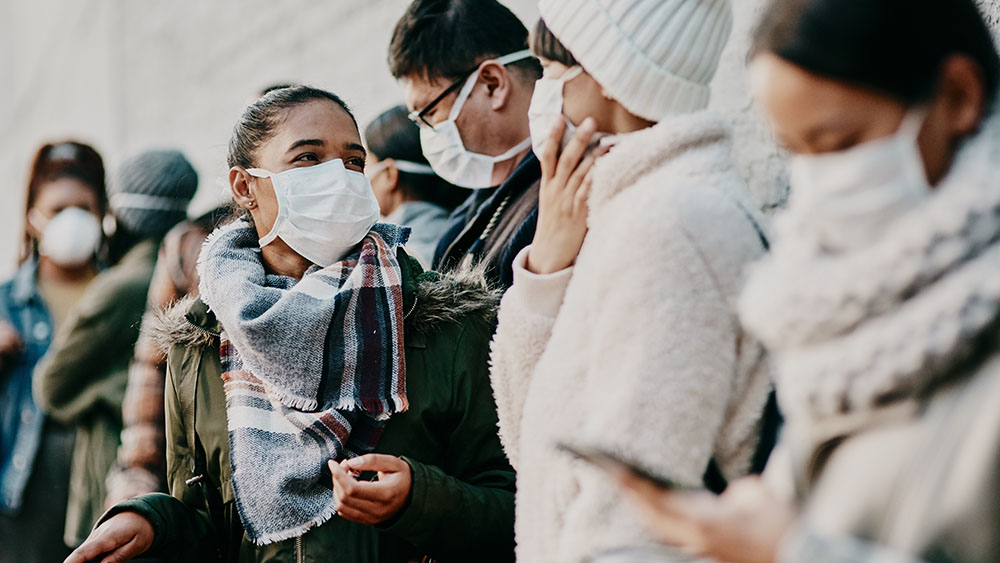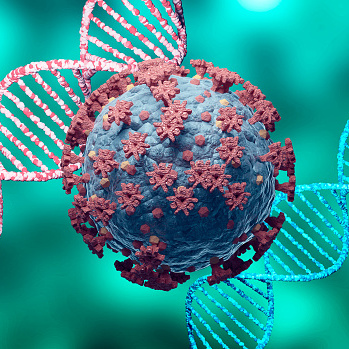Article Highlights
-
COVID-19 and violence merge to form a syndemic that affects Black communities.
-
High levels of stress and trauma may affect people’s ability to reduce their risk of COVID-19.
When COVID-19 began to spread across the United States in the spring of 2020, some populations and communities were hit harder than others. Black/African American, Latino/Hispanic, and American Indian and Alaska Native people were more likely to be hospitalized and die from the virus than White people were. Many of the communities hardest hit by COVID-19 were already facing other public health challenges — including high levels of stress and trauma, inability to access or pay for health care, and unemployment.1
Rev. Bobby Smith saw these impacts firsthand. He lives and works in Lawndale, a predominantly Black community on the West Side of Chicago. The neighborhood still bears scars from the race riots that followed the assassination of Dr. Martin Luther King, Jr., more than 50 years ago. Smith remembers seeing the National Guard in the streets and local businesses burning. Now 62 and a Baptist minister, he describes Lawndale as a neighborhood plagued by poverty and gang activity and as a place where police harassment and violence are commonplace.
Smith is a member of a Community Advisory Council helping to shape an NIH-sponsored project that aims to illuminate connections between COVID-19, systemic racism, and community and police violence, which was identified as a national public health issue 2 years before the highly publicized killing of George Floyd by a Minneapolis police officer in May 2020.
In early 2020, Smith said, the virus hit Lawndale with force. One family lost five members to COVID-19 in a week. Another family, already struggling after a community shooting killed one family member, all became infected with the virus. “COVID has been devastating,” Smith said, “along with devastating crime.”
The project is uncovering important links between COVID-19 and other health challenges that disproportionately affect Black communities.

NIH Community Engagement Alliance (CEAL) Against COVID-19 Disparities
CEAL offers FAQs, fact sheets, and other resources you can share to provide accurate information and encourage people to get informed and take steps to overcome COVID-19.

Rev. Bobby Smith is an advisor for an NIH-sponsored project that aims to illuminate connections between COVID-19, systemic racism, and community and police violence.

Rev. Bobby Smith is an advisor for an NIH-sponsored project that aims to illuminate connections between COVID-19, systemic racism, and community and police violence.
Crises merge to form a syndemic
Katherine Quinn, Ph.D., is a public health researcher at the Medical College of Wisconsin. She leads the project that Smith is advising. She describes these converging health crises as a “syndemic.” In a syndemic, two or more simultaneous epidemics interact synergistically — essentially piling onto each other — in a way that affects a specific community or population.
In 2020, Black communities experienced a surge in gun violence while continuing to be victims of police harassment and violence. “The uptick in violence we were seeing in 2020 was happening in the same communities hardest hit by COVID-19,” Quinn said. She is seeking to understand why and what can be done about it.
Through interviews and surveys involving hundreds of Black residents of Lawndale and other Chicago communities, Quinn and her partners at Chicago’s Sinai Urban Health Institute are zeroing in on participants’ experiences with COVID-19, structural racism, and community and police violence to better understand how these challenges are connected. Quinn and her team suspect that mistrust of the medical system, stress, and trauma all play a role. The study is supported by the NIH Office of the Director and the National Institute of Mental Health.
High levels of stress and trauma, for example, leave people without the resources to work to reduce the COVID-19 risks in their lives. Stress and trauma can come from witnessing or losing a loved one to violence, dealing with the inability to pay the bills, or facing racism day after day. Stress and trauma, Quinn explained, can cause depression and anxiety, wearing people down so that they don’t have the energy or wherewithal to seek out a COVID-19 test, for example, or to get vaccinated.
Mistrust of medical systems isn’t just about racism in the health care system from decades past. It’s about how people are treated in the world today. Research shows that Black people who have had negative interactions with police are significantly less likely to trust medical institutions,2 Quinn said. “If your family has been failed by broader systems,” like the police department or the legal system, “you can sort of just lose faith in all of the systems that you think were never built for you in the first place.”
One of Quinn’s goals is to work with the Community Advisory Council to develop a blueprint that addresses racial disparities in COVID-19 testing. Once she and her team analyze the interview responses and better understand the experiences of Black community members, she envisions working with faith communities, local governments, social service agencies, and other community groups to develop a diverse set of strategies. She also hopes that the project will help enhance understanding of police violence as an important public health issue.
“Ultimately,” she explained, “we hope that the results of the study will help inform interventions, policies, and programs that affect the current syndemic and other public health challenges.”
“The uptick in violence we were seeing in 2020 was happening in the same communities hardest hit by COVID-19.” —Katherine Quinn, Ph.D.

Through interviews and surveys of hundreds of Black residents of Lawndale and other Chicago communities, Katherine Quinn, Ph.D., and her partners are better understanding how the challenges of this syndemic are affecting Black communities.

Through interviews and surveys of hundreds of Black residents of Lawndale and other Chicago communities, Katherine Quinn, Ph.D., and her partners are better understanding how the challenges of this syndemic are affecting Black communities.
Structural racism: A public health crisis
Acknowledging that systemic and structural racism has negatively affected many residents of Black communities, the Presidential COVID-19 Health Equity Task Force is directing resources to promote public health in Black and other underserved communities. The state of Illinois recently declared gun violence a public health crisis and is investing $250 million to address it. And NIH-funded researchers will continue to work with communities to understand the many factors that influence people’s health, unraveling the connections between police violence, COVID-19, and other challenges in order to help people lead healthier lives.
“We get farther if we’re really looking at and listening to people talking about their lives,” Quinn said.
Sources
- Hamel, L., Lopes, L., Muñana, C., Artiga, S., & Brodie, M. (2020). Race, Health, and COVID-19: The Views and Experiences of Black Americans. Key Findings from the KFF/Undefeated Survey on Race and Health. https://files.kff.org/attachment/Report-Race-Health-and-COVID-19-The-Views-and-Experiences-of-Black-Americans.pdf
- Alang, S., McAlpine, D., McClain, M., & Hardeman, R. (2021). Police brutality, medical mistrust and unmet need for medical care. Preventive Medicine Reports, 22, 101361. https://doi.org/10.1016/j.pmedr.2021.101361
 An official website of the United States government
An official website of the United States government


